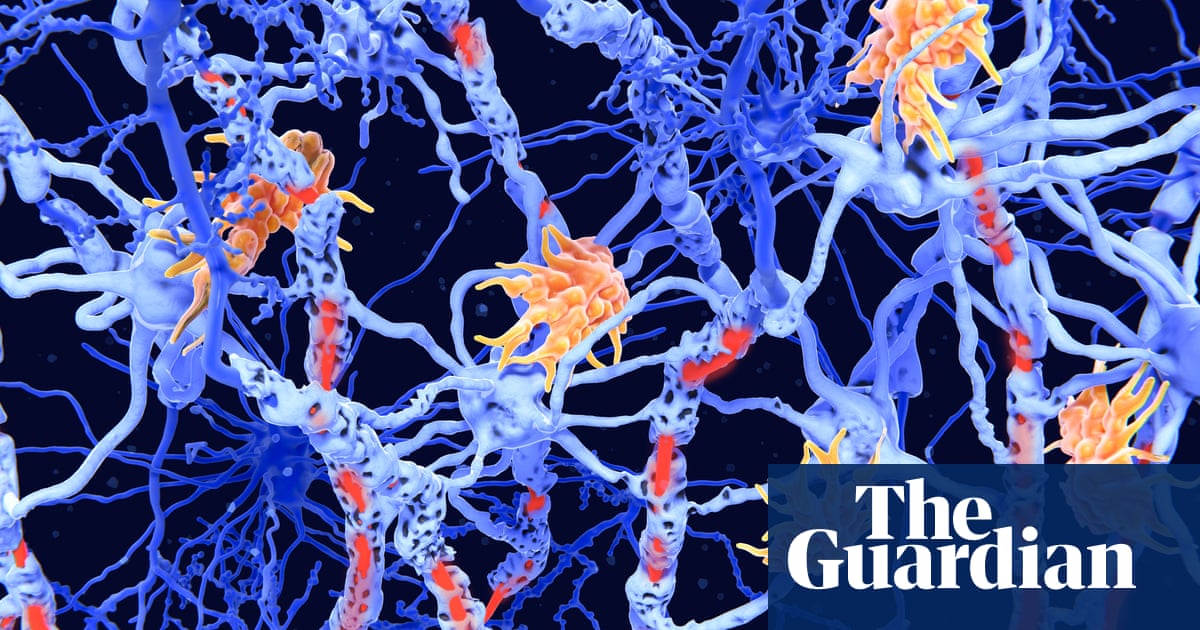Find Me
In a child refugee’s orphaned eyes, find me.
In the daily promise of sunrise, find me.
Soldiers rescue an old woman, a bag of bones
trapped in rubble, calling out to the skies: Find me.
Women and children disappear without a trace.
In their helpless, anguished cries, find me.
Surveying the desolation of ruined lives
in forsaken cities of grief the wind sighs, find me.
In voices rising from shallow graves, souls cry,
emerging like a flutter of butterflies, find me.
Unheard, unrepresented, they survive like seeds
praying in cracks of abandoned high-rise, find me.
In stories buried in the bones of exiles,
forgotten in the annals of history’s lies, find me.
The rhythms of grief and the rhythms of hope coexist in many of the poems in Shanta Acharya’s new collection, Dear Life. In Find Me, they alternate in the quick gasps and strings of melody carried by the movement from couplet to couplet, in the pauses created by punctuation and line-ending, and in the embedded gems of the rhyme-scheme (“sunrise”//”skies”//”cries”// “sighs”// “butterflies”// “high-rise”// “lies”).
The many “forsaken cities of grief” the poem inhabits belong both to present and historical time. Shifts of perspective in the scenes we’re shown mirror processes of devastation and tentative renewal. In the first stanza, we begin by looking down into “a child refugee’s orphaned eyes”, then focus upwards and outwards to “the daily promise of sunrise”. The “voices” in stanza five are “rising from shallow graves” and, between the penultimate stanza and the last, our gaze travels down from the “cracks of abandoned high-rise”, where seed-like souls cling to survival, towards “the bones of exiles” where hidden stories are still to be found.
Stanza one establishes the emotional movement between low and high, grief and hope, and the contrast essential to the repetition-centred vitality of Acharya’s chosen form, the ghazal. A mystery too begins to be felt – the identity of the voice that utters the radif – “find me”. In the first line it emanates from the unspeaking, desolate gaze of the parentless child. In the second, however, the speaker may be invisible, or hidden in the elliptical sentence structure. “In the daily promise of sunrise, find me.”
In stanza two there’s clearly a specific voice: the italicised plea, “Find me”, is that of the gaunt old woman who, as “a bag of bones” is herself beginning to resemble the rubble in which she has long been trapped. The phrase “bag of bones” is a colloquial, familiar one, but it’s a visually effective choice here. The starving woman is rescued by soldiers: less fortunate are the “women and children” who “disappear without a trace”. It seems their cries are returning with their un-reclaimable bodies to sand or soil. A focus on female protagonists here might suggest a feminist emphasis in the poem, but the breadth of compassion infusing the poems of Dear Life suggests that the “women and children” and “old woman” in Find Me are figures that merge in a form of synecdoche, embracing all innocent victims of disaster, war and exile.
Stanza four becomes a small, unpeopled tone poem, in which only the wind speaks. In the fifth, souls take on their traditional form, freshly enlivened as “a flutter of butterflies”. The winged “seeds” give them a biological force beyond the mythical. From seeds, the poem turns to “stories” – which, like poems, contain the power to unfurl and reveal identities, even if the “bones of exiles” are seemingly “forgotten in the annals of history’s lies”. The bones themselves refuse their silence in this powerful, defiant conclusion.
The ghazal is traditionally a love poem, and one of the form’s requirements is the final disclosure of the writer-lover’s identity. Acharya rejects the convention and sustains the mystery she has so enticingly created. I am happy simply to hear the voice, a haunting insistent voice, changing its identity as the poem unfolds. At the same time, my imagination is drawn in the direction of the book’s guiding principle, the intense conviction of life’s “dearness” and fundamental value. Acharya’s religion, influenced by Hinduism, is not one of dogma, nor even continuous certainty, but I feel we are close to hearing it speak in Find Me, with a voice demanding expression through enacted love. It asks to be found in all the stanzas of this poem, and throughout the pages of the collection.

 3 hours ago
6
3 hours ago
6













































